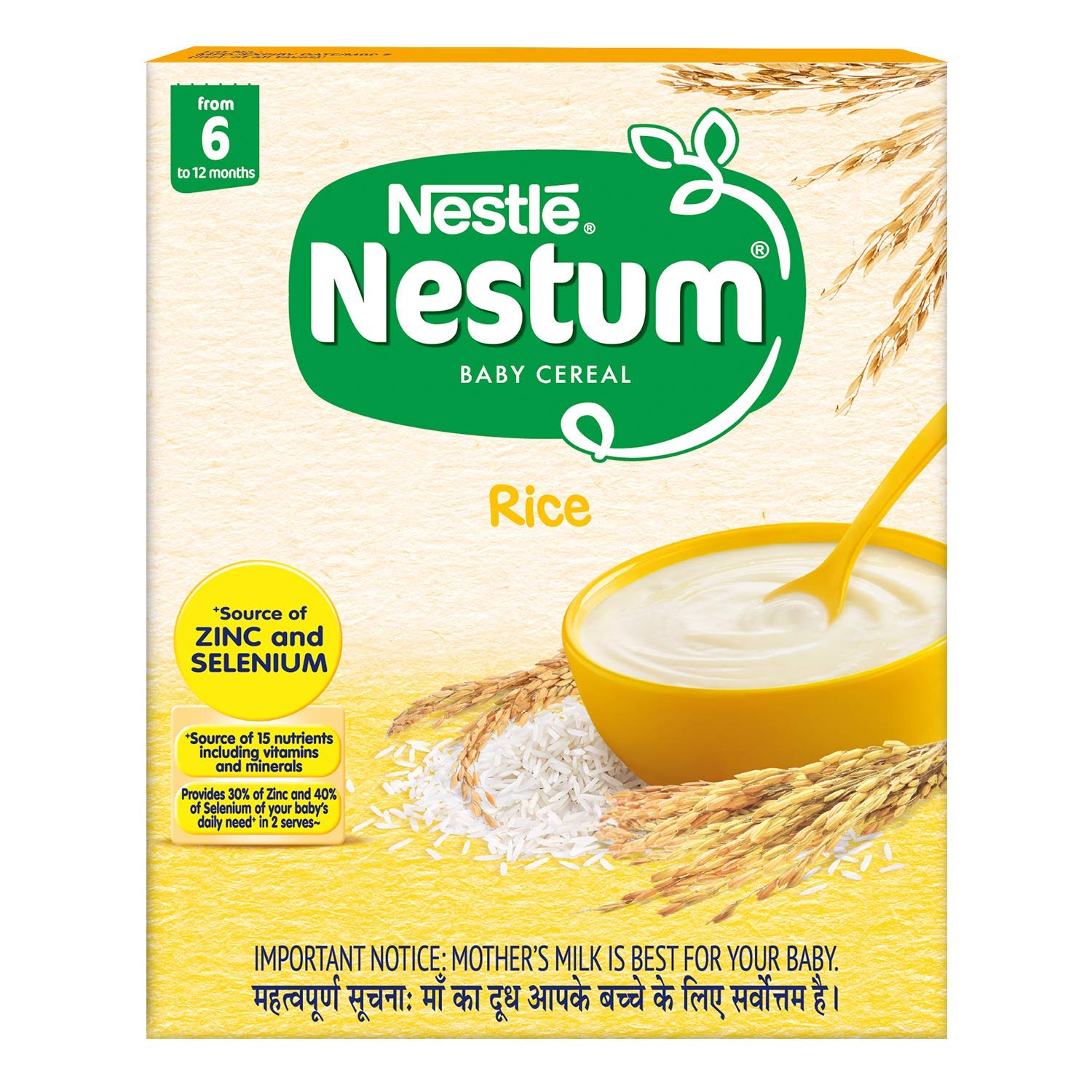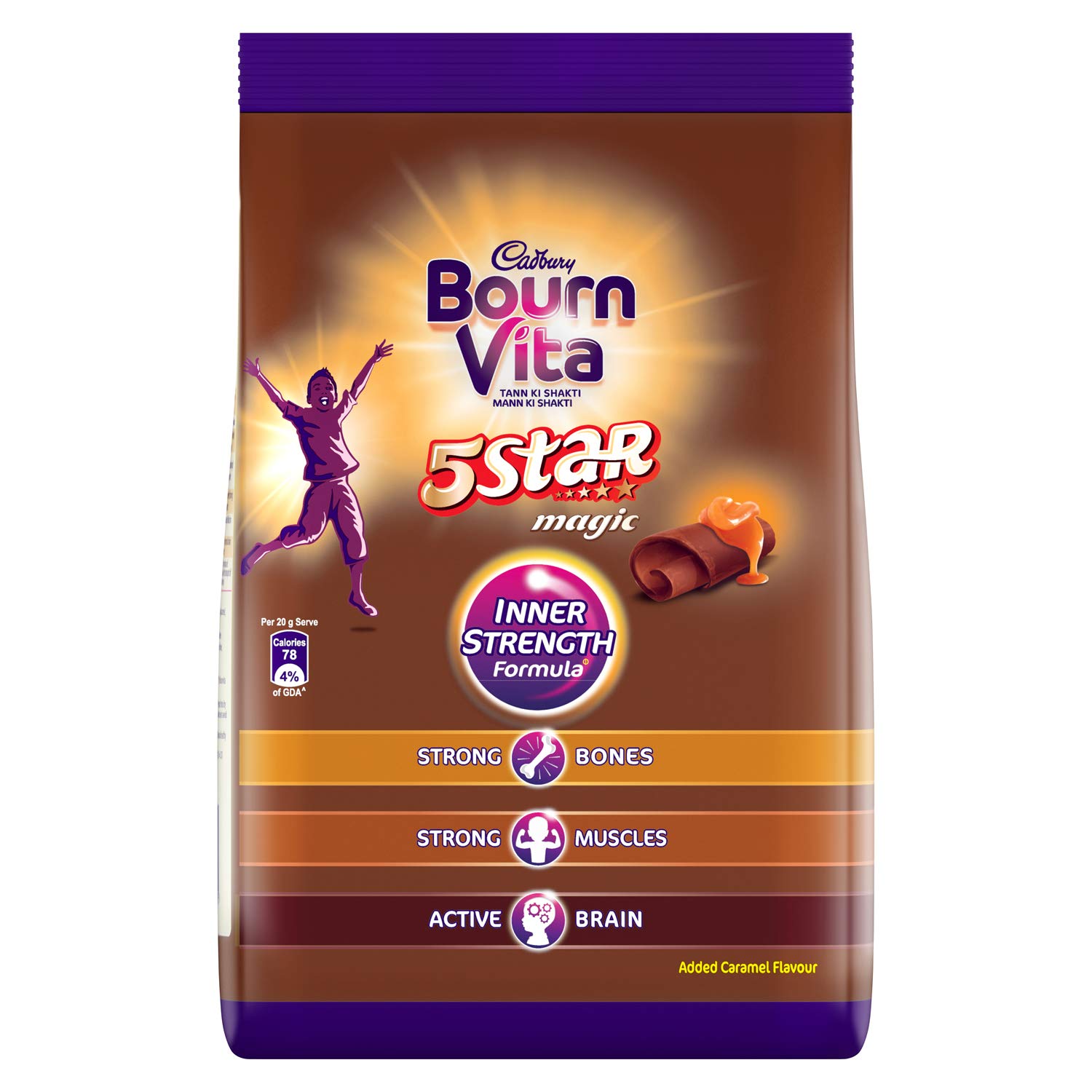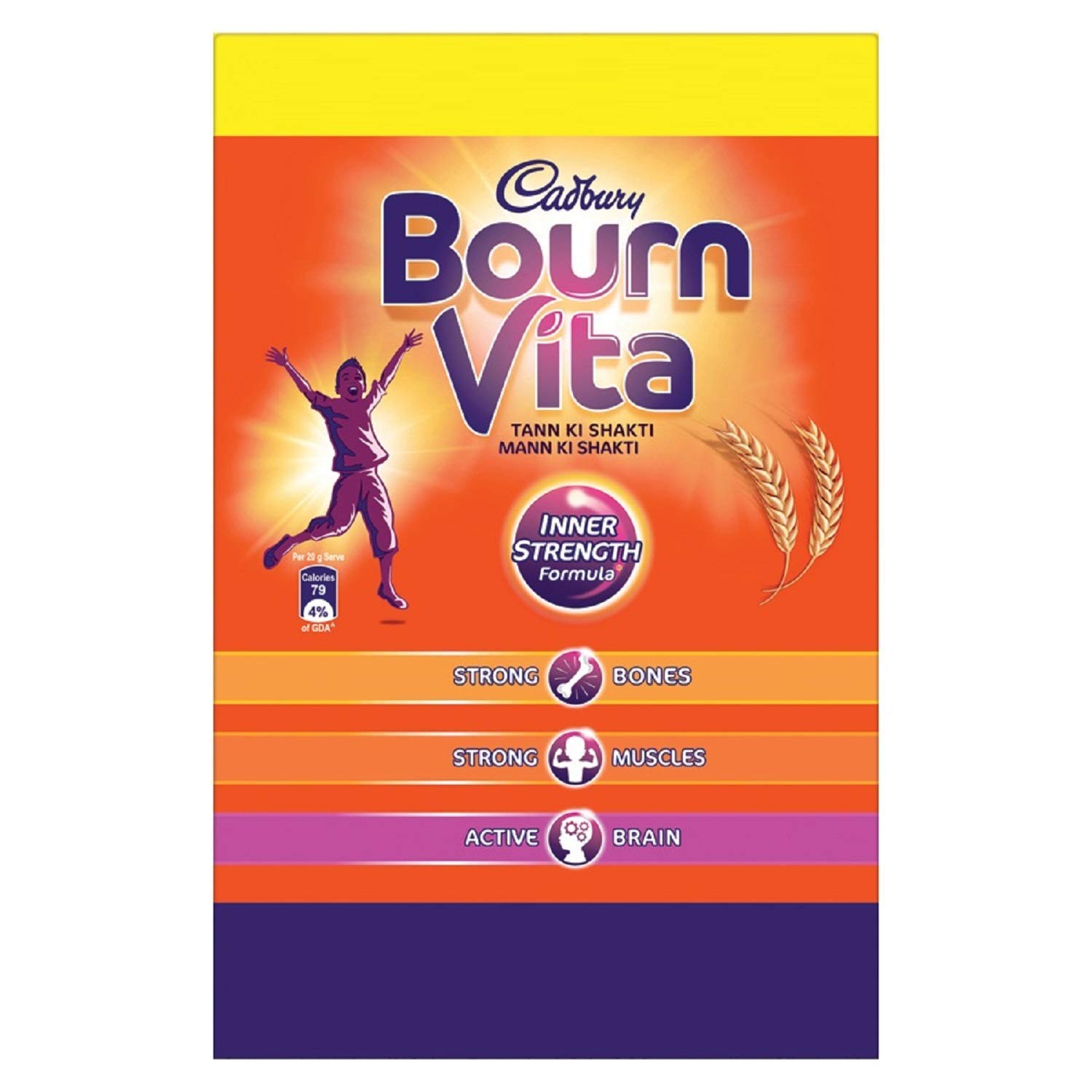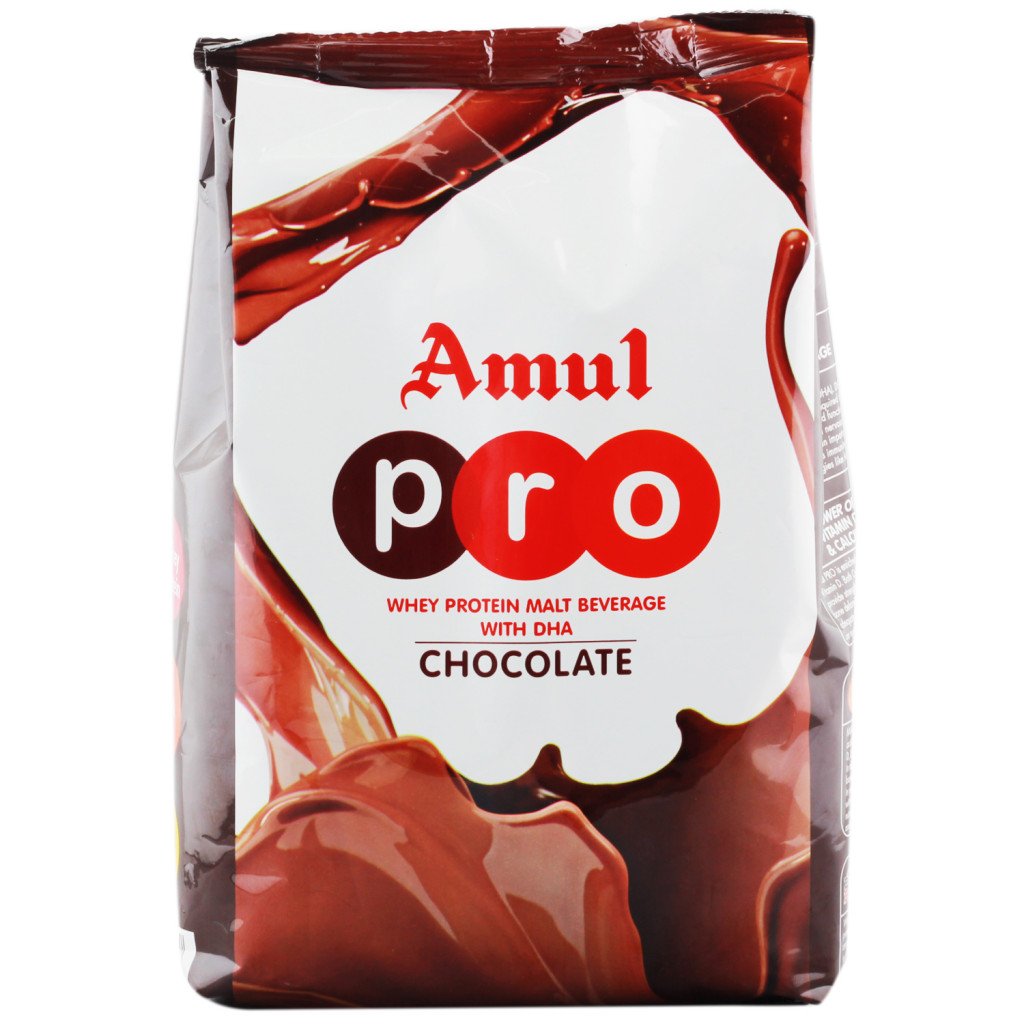Selenium
Micronutrient
Last update date: November 07, 2023
Selenium plays a major role in making special proteins, called antioxidant enzymes in the body. These help in preventing cell damage.
Frequently Asked Questions
1.
What is Selenium?
Selenium is a vital mineral that can be acquired through a diverse range of foods. It plays a crucial role in supporting overall health and facilitating proper body functions such as metabolism, immune system strength, and thyroid function. Selenium naturally occurs in soil, water, and select food sources. Although the required amount of selenium is relatively small, it is an essential component for numerous metabolic processes.
2.
What does selenium do for your body?
Acts as a potent antioxidant, protecting cells from damage May help reduce the risk of certain types of cancers Supports cognitive function and helps prevent mental decline Crucial for maintaining optimal thyroid health and hormone production Boosts the immune system's ability to defend against infections Has anti-inflammatory properties that may alleviate asthma symptoms
3.
What is negative impact of Selenium?
Excessive selenium intake can lead to stomach discomfort, headaches, and rashes Prolonged high intake may cause liver, kidney, and heart problems Consuming very high doses can result in symptoms such as bad breath, fever, and nausea Long-term overconsumption may lead to weight loss and hair loss
4.
Who should avoid Selenium?
Individuals with underactive thyroid function may need to be cautious with selenium intake People with stomach ulcers should exercise moderation due to potential irritation Individuals using blood thinners should consult with a healthcare professional before increasing selenium intake Those on medications for low blood pressure should be mindful of selenium levels People taking thyroid hormones should monitor selenium intake and consult their healthcare provider
5.
What is the best form of selenium to take?
Good sources of selenium include Brazil nuts, which are especially rich in this mineral Seafood like tuna, cod, and herring Poultry, such as chicken and turkey Whole grains like brown rice and oats Eggs, dairy products, and legumes also contain selenium
6.
What are the signs you need selenium?
Selenium deficiency may contribute to symptoms such as anxiety, confusion, and lethargy Inadequate selenium levels have been associated with depression and seizures Headaches and joint pain can occur due to insufficient selenium intake Impaired immune function and increased susceptibility to infections may result from selenium deficiency Infertility and complications during pregnancy have also been linked to low selenium levels


























